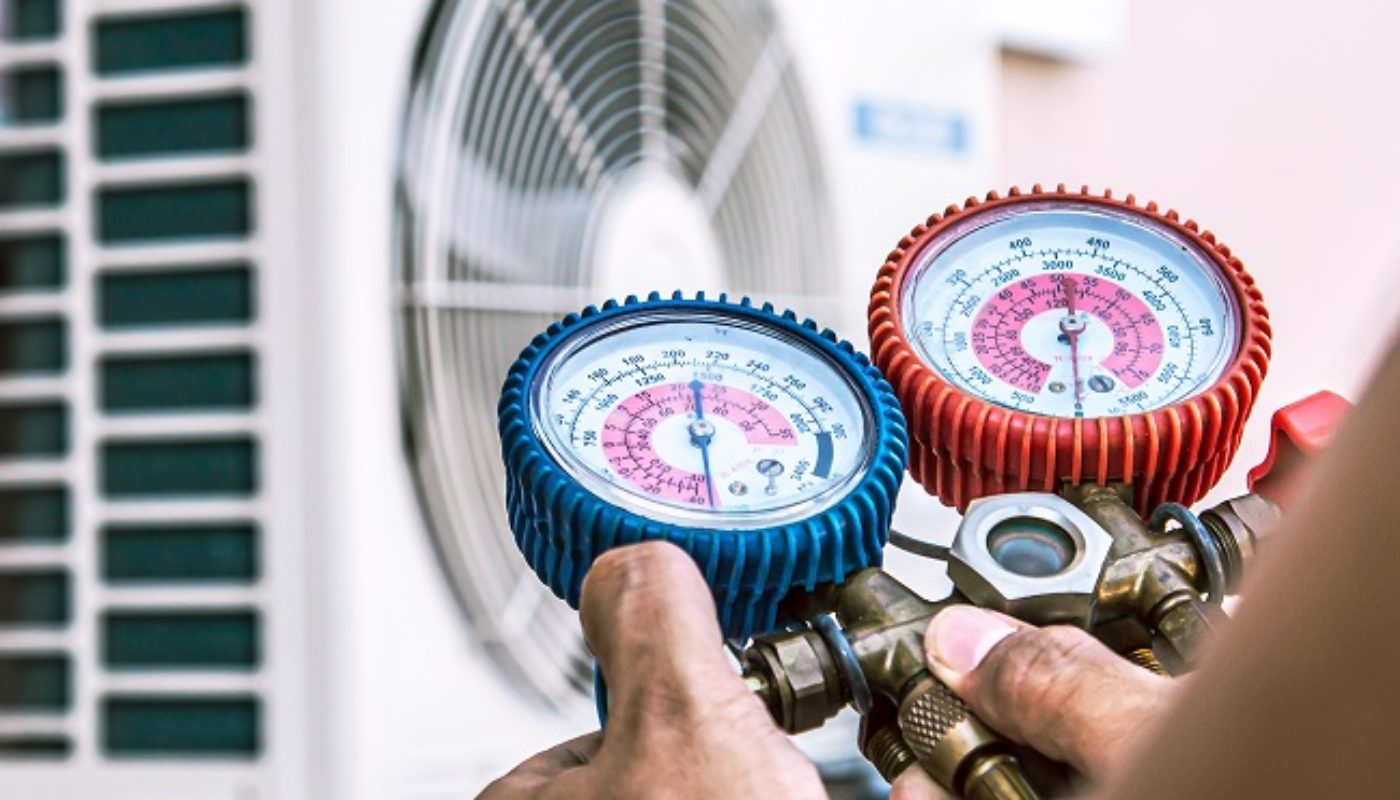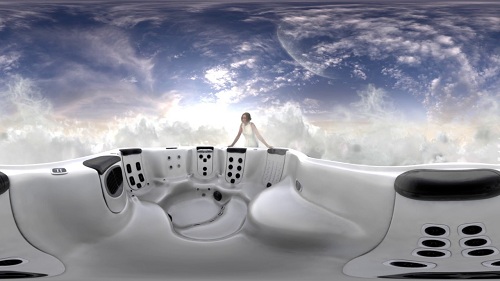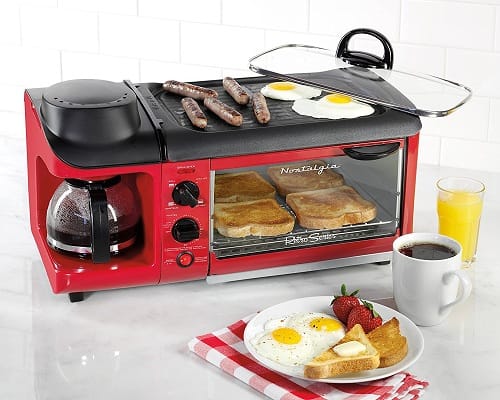Would you prefer paying for ongoing HVAC repairs or have your HVAC system completely replaced for a single payment? If you think you’re spending less by getting your HVAC system repaired, think again—repairs can cost you more in the long run. Unfortunately, avoiding these high-priced repairs will require you to re-examine the costs of maintaining your HVAC system.

There are HVAC technicians who can help you identify potential issues, maintain and clean the system, and resolve malfunctions. These experienced and qualified HVAC companies can also determine whether a replacement is more cost-effective than a repair. They can also recommend brands like Daikin Air Conditioners and other high-quality and long-lasting units to replace your existing system.
Here are the signs that can assist you in determining whether or not your HVAC system requires a replacement:
- Your Bills Have Increased Unexpectedly
A defective HVAC system can increase your utility bills depending on usage. You can also easily tell if there are any sudden changes. If you believe that your current energy bill is clearly more expensive than your previous ones, you should be concerned because that is a sign of a major problem. If your HVAC system is inefficient, your energy bills will most likely increase.
Consult immediately with HVAC experts who can put a stop to this kind of situation. Follow their suggestions and, if major repairs are necessary, weigh the repair costs against the price of a brand-new HVAC system.
- Constant Repair and Maintenance
If your HVAC system constantly needs to be repaired and maintained, that could be a warning sign. This will most likely be an ongoing process that will gradually consume so much of your time and your money. These expensive repairs are difficult to sustain, and a technician may advise you that the best alternative is to completely replace the HVAC system rather than continue to pay high maintenance expenses. Sometimes, it can be more cost-effective and time-efficient to completely replace a defective system.
- Features Are Getting Old
It’s very obvious if your HVAC system is getting old as you’ll notice changes in its physical characteristics and a decline in its performance. You’ll notice certain signs such as a kicking noise once your turn it on, a loose part, or some visible rust. Moreover, you can also identify if it’s aging by looking at the manufacturing date because HVAC systems have an estimated lifespan of 6 to 15 years. Experts highly recommend that you replace them when they’ve reached the end of their lifespan. Technology won’t last forever, so expect routine replacement if you want to maintain a comfortable home.
- Temperature Inconsistency
If you notice that your HVAC system is no longer performing its primary purpose, you should be concerned that there’s something wrong with it. According to scientific studies, uneven temperatures are bad for your health.
People’s bodies are negatively affected by unexpected changes in the weather, just as they are when they experience a sudden shift in temperature inside their house. The Piedmont Healthcare report states that when the body become accustomed to a given temperature, it’s difficult for your bodies to swiftly adjust to an unexpected shift in temperature. As a result of being overheated or too cold, your body’s immune systems might be weakened, which can lead to respiratory illnesses such as tonsilitis or the common cold. You shouldn’t allow defective technologies to affect your mood, health, and way of living.
- Heavy Leakage
When a large amount of leakage develops in your home’s HVAC system, it can be a major concern. Since most cooling and heating ventilation systems are fluid-based, if a problem occurs with the refrigerant, the system will be unable to produce sufficient cool or hot air to keep your home at a reasonable temperature. This significant amount of leakage is not normal, and necessitates a replacement because constant, frequent repairs may soon be on the horizon.
Conclusion:
Your HVAC system ensures excellent air quality inside your home by filtering out bad odors and excessive moisture. It’s also designed to regulate humidity levels in order to provide maximum comfort. When you find your HVAC system showing any of the signs mentioned above, then you should consider replacing it.
A replacement can help you get the best performance out of your HVAC system while also saving you time and money. Repairs can get quite expensive, especially if you have to get them constantly. On the other hand, getting a replacement means that you only have to spend once, especially if you choose a high quality and durable system.





